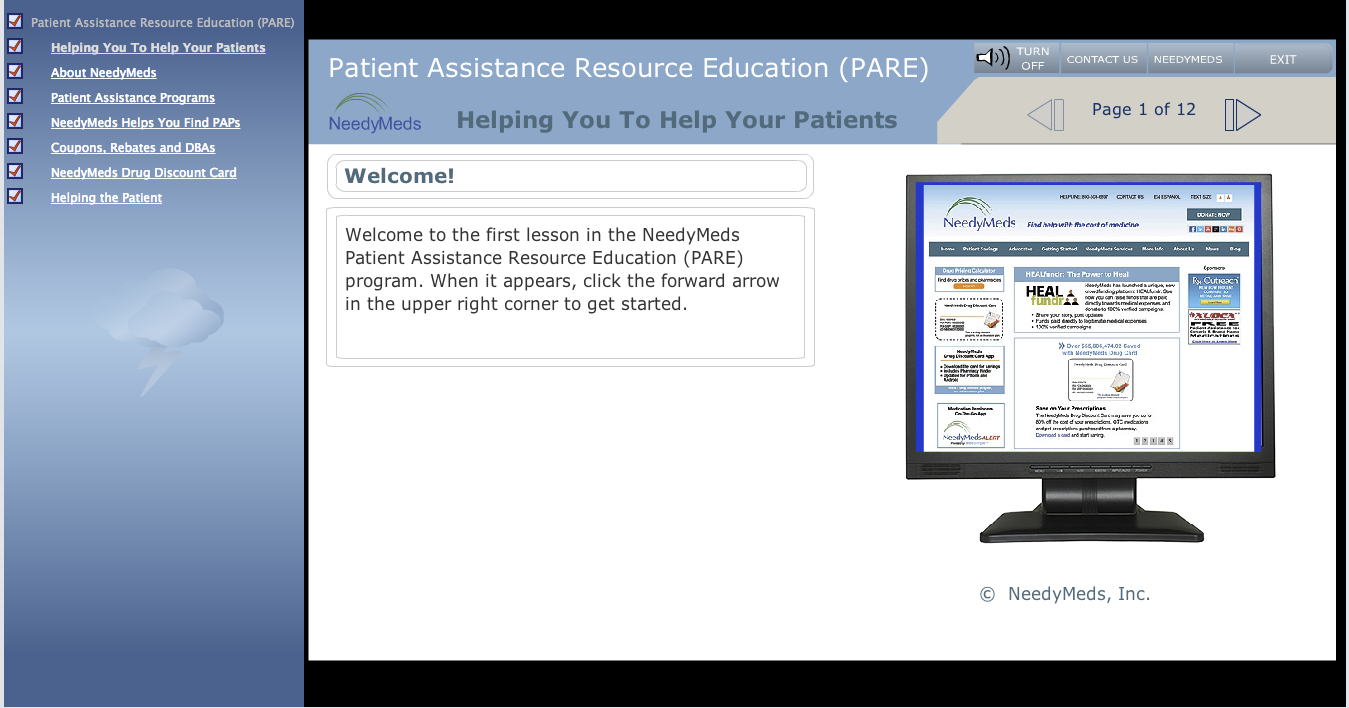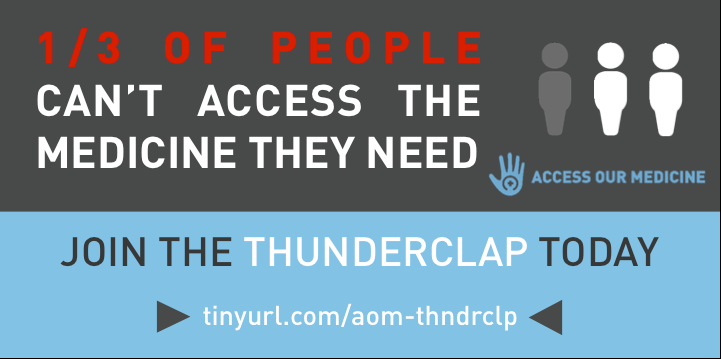I understand it’s tough to ask the question “Why?” to your child’s doctor when the she makes a treatment or testing decision. But if you are going to be an active and informed partner in your child’s health care you need to know when to pose that question.
I am not suggesting you question every decision the doctor makes, but sometimes it’s appropriate.
Here are a few hints as to when you may want to question the doctor.
What will happen if I don’t give my child the medicine? This is usually a good question to ask if the medicine is just to treat a symptom and not the underlying cause of the problem – for example, a decongestant for a stuffy nose or cold, or an antibiotic for what may be a viral infection.
It’s important to remember that every drug has the potential for side effects. Even a drug a child has taken many times may still cause a problem.
Another thought is that perhaps there’s a reason for the symptom. For example, the body’s immune system works better at a higher than normal temperature. There may be a reason for a fever that accompanies many illnesses. Treating it with a drug may only prolong the illness.
How will that test change the treatment? There’s a lot of controversy over the value of “baseline” tests. If the test results won’t change the treatment plan, then there’s little reason to do it.
What’s the purpose of a follow- up visit? How many times have you wondered why you are bringing your now healthy child back to the doc- tor for a follow-up visit after an illness? The doctor takes a quick look, says all is fine, and you are on your way.
Most of these visits aren’t necessary. If the doctor suggests one, ask what you should look for that might indicate all is not well. Most of the time you know if your child is not recovering and needs additional medical attention.
I am not advocating you ignore the doctor’s recommendations. You take your child to the doctor to benefit from her years of education and practicing medicine. But there are times when doctors do things out of habit or think they are needed to meet patient’s expectations.
If your doctor reacts negatively to your questions, it may be time to rethink your relationship with her.
First appeared in Pediatrics for Parents Vol. 28 Issue 9-10



